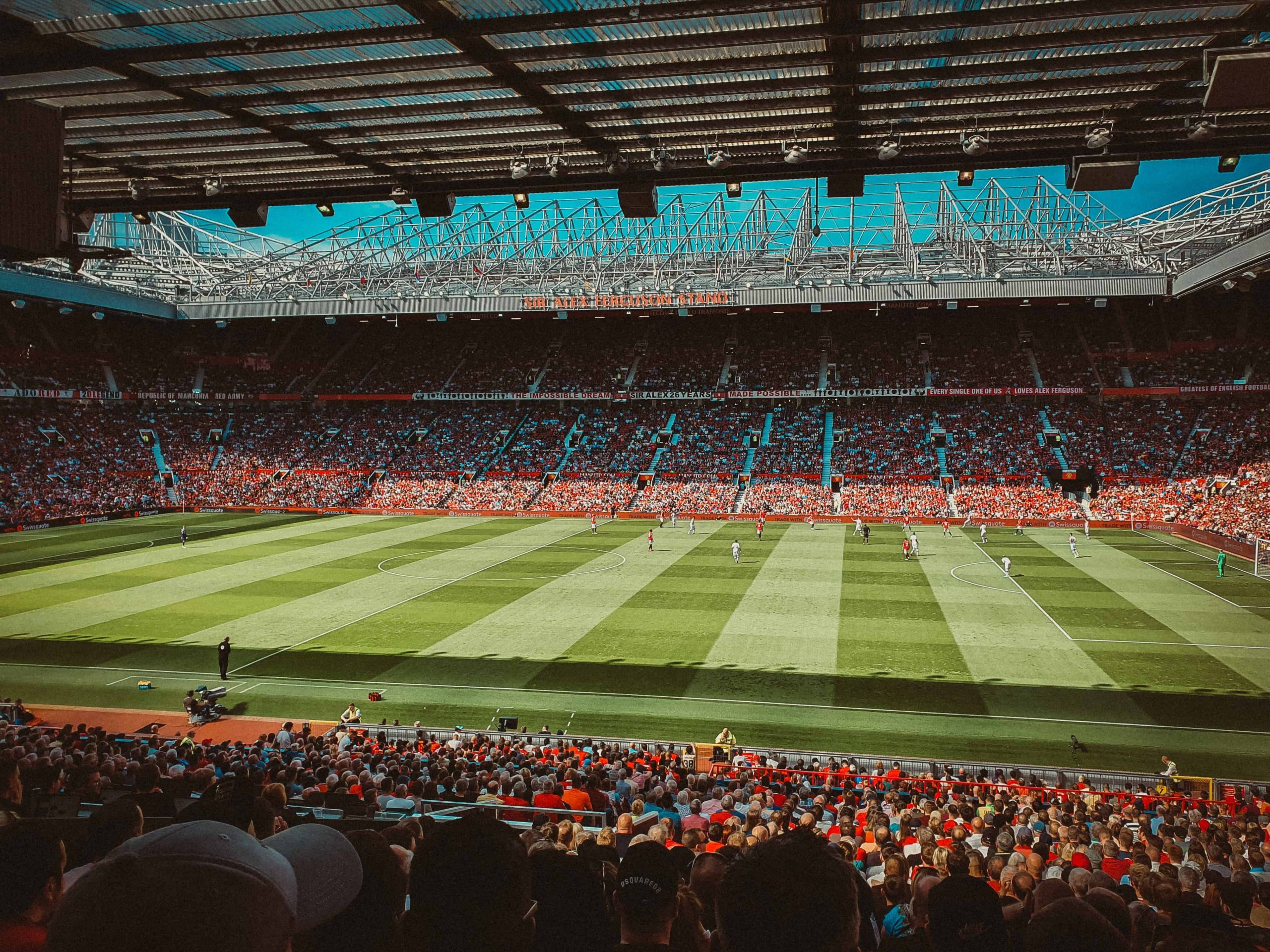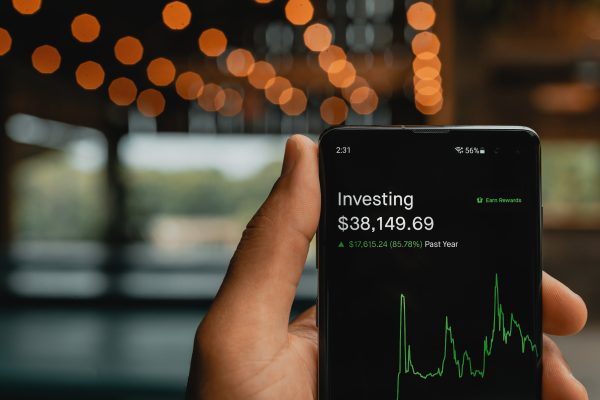
What IFG will do to help bring about a truly Islamic economy
05 January 2024 8 min read

5 min read
Published:
Updated:

Haider Saleem
The breakaway European Super League (ESL) has brought the economics of Premier League clubs under the spotlight – people are a lot more focused on the commercial aspect of large football clubs.
But can a Muslim own a piece of a modern football club? Or would Islamic law prohibit it?
And are there any clubs you can actually buy today if you want?
In this article, we’ll consider what you need to look out for if you are thinking of investing in a club. These include:
We will use Manchester United as an example to help us explore this issue.
To consider if any football stock is Shariah-compliant, use the following three financial rations, which also consist of qualitative and quantitative analysis:
Now let’s begin to look at our criteria and highlight things you should consider.
The main sources of revenue for MUFC (and probably for all big clubs) are:
These are all permissible activates. However, they become a problem if they are mixed with haram activities as explained next.
As you can see for MUFC, broadcasting and commercial make the biggest chunk of revenue. Matchday and broadcasting have been massively impacted by the pandemic, with the latter offsetting the hit from the former in revenues.
Activities undertaken here by clubs include sponsorship/retail, merchandising, apparel & product licensing.
An issue here is that Premier League and Championship clubs are massive beneficiaries of gambling sponsoring – with around £110m a year in shirt sponsorship alone. Half of Premier League football teams have gambling sponsors on their shirts.
Many clubs also benefit from sponsorship from other haram activities, such as alcohol, banks and insurance companies.
As commercial revenue for a big club is a large source of their revenue, it’s important to find out how much it benefits from haram activities.
MUFC do not make it clear on their balance sheet for us to know how much money is coming from who commercially. Further research would be required.
Matchday revenue for big clubs makes up a much smaller percentage of revenue.
However, things to be concerned about here are sales of haram products, such as alcohol, food and drinks. Furthermore, clubs usually have betting terminals inside the stadium for fans to place bets before the match and during half time.
It would be difficult to decipher what matchday revenue is made up of. For example, on Man United’s balance sheet, there’s no breakdown of it.
For now, we would say it’s safer to assume MUFC fail at this stage.
Unless you can get a breakdown of the income from haram sources, it’s very difficult to be comfortable to pass this first stage. We don’t know how much haram has been mixed in with their halal activities.
You could possibly figure this out by find press releases or news articles. These may describe the nature of investment and sponsorship from a particular company. However, for a large club like Manchester United, which will be making many new agreements and sponsors on the go, it would be a near impossible task to do accurately.
Although this means it’s best not to invest in them, we shall move on to stages 2 and 3 for the sake of completeness and in the event that we can get a better idea of United’s commercial revenue at some point in the future.
This is the first of the three financial ratios we will use.
The total interest-bearing debt should not exceed 33% of total assets.
Sticking with MUFC, they are in a lot of debt. Net debt was £455.5 million. Net debt here is calculated as non-current and current borrowings minus cash and cash equivalents.
Total assets are 1,381,600,000.
Net debt/Total assets x 100 = 33%.
This just passes as interest-bearing debt should not exceed 33% of total assets
An alternative way of step 2 is to compare interest-bearing debt to market cap – this is preferred by the AAOIFI right now.
We divide total non-current liabilities (£587,103,000) with the market cap of the company (2.68B) and x 100.
This should be under 33%.
£587,103,000/£2.68B*100 = 22.6%
It’s clearly under 33% – therefore MUFC passes.
Illiquid assets should be at least 20% of total assets.
The formula is Illiquid assets/total assets*100.
MUFC have:
This means Illiquid assets make up 83.2% of total assets, which is greater than 20%.
Therefore, MUFC pass this stage
Although we have seen MUFC pass stages 2 and 3 of our shariah screening, due to the uncertainty of the commercial side of the business aspect, it would be wise to not invest from an Islamic perspective.
It’s worth noting, Coronavirus has massively impacted the business side of football clubs. This means their recent balance sheets are looking way off what they would normally. For example, on Manchester United’s balance sheet, there’s a -94% difference in matchday revenue for the six months ended 31 December in 2020 compared to 2019. Post Coronavirus it might be worth revisiting the screen – but ultimately we don’t think MUFC would still be sharia-compliant.
Not all clubs are available to invest in. Only a few are public limited companies and are available for you to invest in the stock market.
We’ve given you the tools for sharia screening – here are the clubs for you to take a look at:
United is the only English team that is available for public investment. It was listed on the NYSE in 2012.
Arsenal shares are listed on a specialist exchange and are hard to get.
If you want a detailed explanation of what each criterion contains, you can read our stock screening article. We also, have a halal stock screener course where you can access the materials anytime and it goes through step-by-step how to actually screen a stock (it helped me a lot).
If you enjoyed this article, you can follow me on Twitter or LinkedIn.

05 January 2024 8 min read

21 July 2023 6 min read